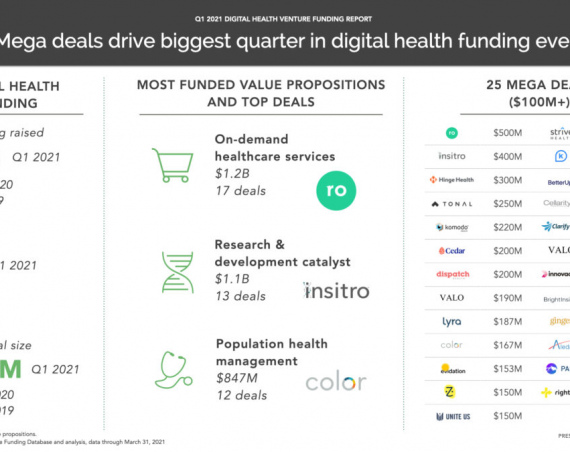
Swizzle Ventures has emerged from stealth with the close of its $6.6 million Fund I, focused on advancing women’s health and wealth through pivotal life stages. The Seattle-based firm, founded by Jessica Kamada, plans to invest in approximately 30 companies across three key sectors: women’s health, caregiving, and financial health.
The fund, which raised more than double its initial target despite the challenging fundraising environment, will write checks between $100,000 to $200,000 in pre-seed and seed stage companies across the United States. Swizzle has already backed 10 companies, including Seattle-based Trellis Health, a pregnancy tracking platform, Mavida Health for maternal mental healthcare, and Alinea, an AI investment management platform for Gen Z women. Other portfolio companies include Chiyo, a food-as-medicine company focused on women’s health, hormonal health company Eli, and sexual health hybridcare company TBD Health.
Kamada, who spent over eight years helping consumer tech companies scale at marketing agency Bamboo, brings a growth operator’s perspective to venture investing. “I didn’t go to an Ivy League school. I’m not coming out of a huge VC firm,” she tells GeekWire. “And so I really had to own the narrative of why different is better.”
The fund’s investment thesis is built around a $1 trillion economic opportunity in women’s health, the growing need for caregiving solutions as 20% of the US population will be elderly by 2030, and women’s increasing role in wealth transfer, with an expected $35 trillion inheritance on the horizon.
Healthcare industry veteran Ashley Lieser joins as venture partner, bringing leadership experience from WPS, Optum, Prospero Health, and Blue Cross Blue Shield. The fund’s limited partners include former executives from Providence Health, professional athletes from the NFL and WNBA, and growth leaders from Meta, Google, and Uber.
Kamada notes that the current political environment around women’s healthcare has actually increased innovation opportunities in areas such as maternal care and remote patient monitoring. She’s particularly excited about AI’s potential in healthcare personalization, saying, “The ability to take a ton of different variables and map it to a personalized protocol for you — it’s a game-changer.”



